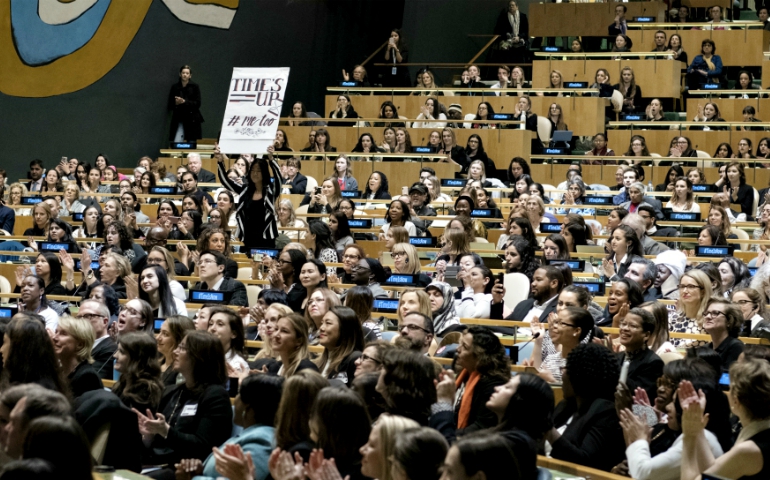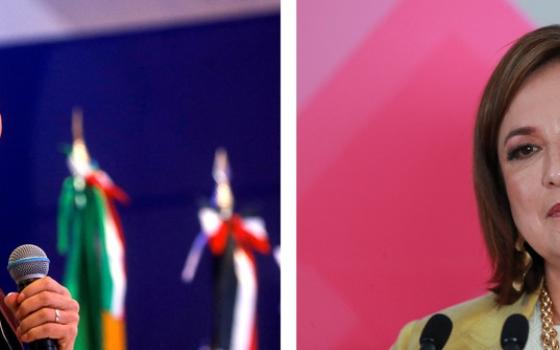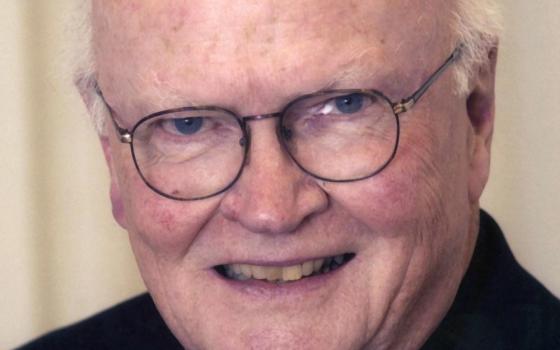
In the high-stakes negotiations about nuclear arms on the Korean Peninsula, men are dominating the headlines.
President Donald Trump, Secretary of State Mike Pompeo, North Korea leader Kim Jong Un and South Korea President Moon Jae-in are garnering the lion's share of attention. Behind the scenes, men are also dominating the planning for the June 12 summit in Singapore between the United States and North Korea.
What if women had a more prominent role or were driving the negotiations?
The current United States ambassador to the United Nations, Nikki Haley, is a woman, and two women — Susan Rice and Samantha Power — preceded her as permanent U.S. representatives to the world body. Three women have served as U.S. secretary of state, and increasing numbers of women are heads of state — more than two dozen right now, including the leaders of Germany, Great Britain and Bangladesh.
But what if more women were in charge of the foreign policies of their respective countries? What if a more expressly feminist approach influenced foreign relations?




